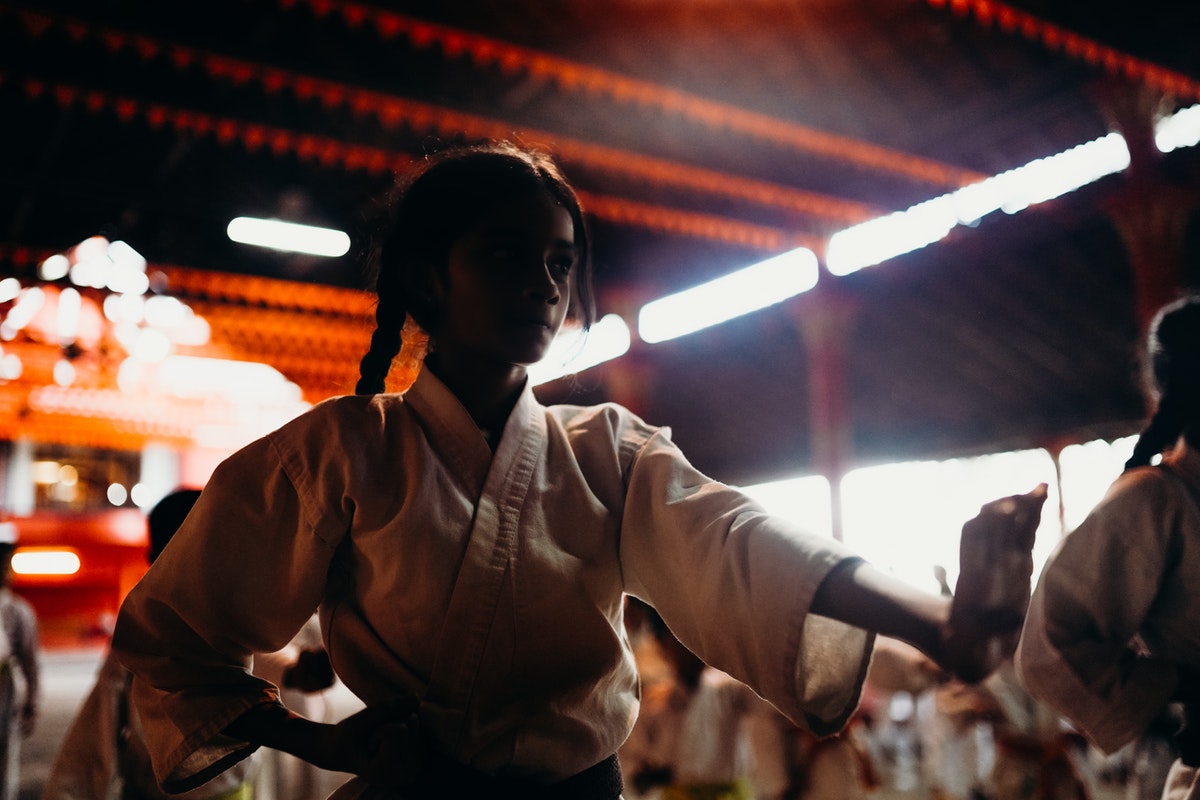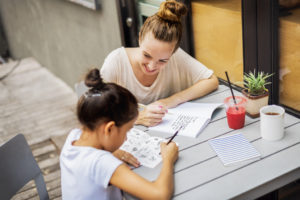Accidents and emergencies don’t care about the age of those involved. This means that even children can be caught up in dangerous or life-threatening situations. What is worse is that there might not be any adults they can turn to for help. So they need to learn some essential skills that will save their life and the lives of others. Here is a list of some that you should teach them.
Swimming
Children should know how to swim. There are several benefits to it. For example, it is probably the best low-impact exercise ever. If they have regular access to a pool, they can stay fit with ease thanks to a daily swim. It uses all the muscles and burns a lot of calories. But when it comes to emergencies, it is even more important. There are several situations in which knowing how to swim can save your child—sudden floods, falling into the water, and more. At the very least, they need to know how to float properly. Learning how to swim is also pretty simple. You can sign them up in swimming classes at a pretty young age, or you can teach them yourself. Swimming lessons are a great summertime activity for them.
Doing CPR
It may seem advanced, but CPR is a good skill to learn for children. You do CPR when someone’s breathing or heart stops. This means that it is usually an emergency. While adults are supposed to do this, your child might be in the company of other children, and something bad happens. Immediate CPR can be the difference between life or death. While it may seem simple, your child needs to be able to do it right. This is where an experienced trainer from EMCARE or other medical organizations can help. They can guide your child through how o learn it and even test them to see if they are doing it properly.
Treating Burns
Children tend to take risks. They also can get fascinated by fire. This makes them very susceptible to getting burned. Immediate treatment can help a lot in lessening the pain if it happens. Ensuring your child knows how to give first aid for it can help a lot. It is very simple. Cleaning it with cold water and then applying ointment will help a lot before the burn victim is taken to the doctor.
General First Aid
When it comes to wounds and the like, children should know some general first aid. Cleaning wounds and ensuring bleeding stops can be very helpful to a child. Teach them where the band-aids are and where the first aid kit is at home. It would be best if you then ran them through how to use everything inside it, from iodine to cotton swabs. Quick first aid ensures that infections don’t happen and that bleeding stops early. Knowing your child knows how to do these can be a relief.
Helping With Choking
Children are remarkably prone to choking. They tend to put things in their mouths and also have narrow throats. Your child needs to know how to respond to one of their friends choking. There are two types of obstruction that can cause choking: a partial obstruction and a full obstruction. Knowing how to handle both is important. Partial obstruction is simple since your child only needs to help them breathe a bit, and it would correct itself. A full obstruction will need more vigorous treatment. Either a Heimlich maneuver or the applying blows to the back and side to force the obstruction out.

Basic Self-Defense
Your child should also know some basic self-defense. Taking them to self-defense classes can teach them a lot of things that can help them throughout their life. One of the more important lessons is being more aware of their surroundings. There are always warning signs of incoming danger, and being aware of these can allow them to react quickly and properly. Self-defense also teaches them how to think quickly and react to situations. For children, knowing when it is time to run is a necessary skill, and that is the heart of self-defense. Self-defense also teaches discipline and other lessons that will benefit them in their daily life.
These life-saving skills have wide applications. Whether your children use them to save themselves or others, the knowledge of these skills can be a big help to their lives. Besides the initial training, you should give them a refresher on these skills every few years. They can then tackle these skills and keep them sharp. They’ll find them useful as they grow older, so it is a good idea to teach them early.



















